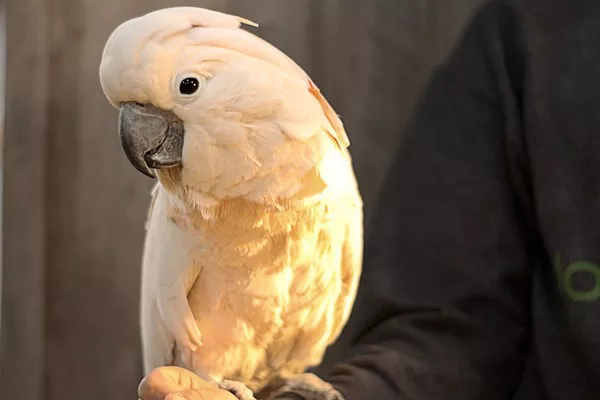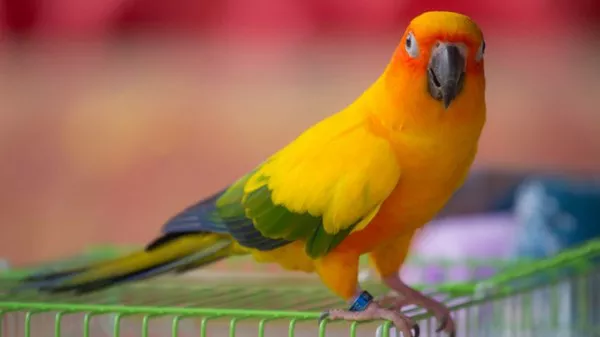Corn snakes are among the most popular pet snakes in the world due to their docile nature, attractive patterns, and manageable size. However, a common concern for potential and new snake owners is whether these snakes are prone to aggression. This article will explore the behavior of corn snakes, what may cause them to act defensively, and how to foster a positive relationship with your pet snake.
Understanding Corn Snake Temperament
Corn snakes (Pantherophis guttatus) are native to the southeastern United States and are non-venomous constrictors. They have gained a reputation as being one of the most docile and easy-going snake species, which makes them a top choice for beginners in reptile keeping.
Corn snakes are naturally shy and reclusive animals. In the wild, they prefer to avoid confrontation and will flee rather than fight when threatened. This inherent timidity usually translates into calm behavior in captivity. However, like all animals, corn snakes can display defensive behaviors under certain circumstances.
What Is Aggression in Snakes?
Before diving into corn snake behavior specifically, it’s important to clarify what “aggression” means in the context of snakes. Snakes, including corn snakes, do not exhibit aggression in the same way that mammals might. Their so-called aggressive behaviors are often defensive responses to perceived threats. These behaviors may include:
Hissing: A snake may hiss as a warning signal when it feels cornered.
Striking: A quick strike, either with or without biting, can be a response to fear or surprise.
Constricting: Although corn snakes are constrictors, they only use this behavior to subdue prey, not out of aggression.
Understanding these behaviors helps snake owners distinguish between a truly frightened animal and one that is simply adjusting to its environment.
Reasons a Corn Snake May Seem Aggressive
While corn snakes are generally calm, there are several factors that could lead to defensive behavior:
Stress and Fear
Snakes are highly sensitive to changes in their environment. A new enclosure, excessive handling, or loud noises can stress them out. A stressed snake is more likely to behave defensively.
Improper Handling
Mishandling is one of the most common reasons for defensive behavior. Grabbing a snake abruptly, handling it when it feels insecure, or not supporting its body properly can make it feel threatened.
Shedding Cycle
During shedding, a snake’s vision may become impaired due to a milky appearance of the eye caps. This can make them feel vulnerable and defensive.
Hunger
A hungry snake may mistake a hand for food, especially if it smells like prey. This can result in an accidental bite.
Illness or Injury
A snake that is unwell or in pain may react defensively to avoid further discomfort. Common health issues, such as respiratory infections or scale rot, can increase their irritability.
Territorial Instincts
While corn snakes are not highly territorial, they may act defensively in a new enclosure or during breeding season if they perceive threats to their space.
Preventing Defensive Behavior in Corn Snakes
Most defensive behaviors in corn snakes can be prevented by ensuring proper care and handling. Here are some tips to minimize stress and encourage calm behavior:
Provide an Ideal Habitat
Ensure the enclosure meets your snake’s needs. Maintain appropriate temperatures (75–85°F), provide a hiding spot, and ensure the enclosure is clean and spacious enough for your snake to move freely.
Acclimate Your Snake
When you first bring your corn snake home, give it time to adjust to its new surroundings. Avoid handling for the first week to let the snake acclimate.
Handle with Care
Always approach your snake calmly and support its body fully when handling. Avoid sudden movements that might startle it.
Respect the Shedding Process
Reduce handling during shedding and ensure your snake has access to a rough surface, such as a branch or rock, to help remove its old skin.
Establish a Feeding Routine
Feed your corn snake in a separate container to reduce the risk of feeding-related defensive behavior. Always wash your hands before and after handling the snake.
Monitor Health Regularly
Regular check-ups with a reptile veterinarian and careful observation can help catch any health issues early, reducing the chance of defensive reactions due to discomfort.
Building Trust with Your Corn Snake
Building trust with a corn snake requires patience and consistency. Over time, most snakes become accustomed to their owner’s presence and handling. Here’s how to create a positive relationship:
Start Slow
Begin with short handling sessions of just a few minutes. Gradually increase the duration as your snake becomes more comfortable.
Use Positive Reinforcement
While snakes do not respond to praise or treats like mammals, consistent, gentle handling teaches them that you are not a threat.
Pay Attention to Body Language
Learn to read your snake’s signals. A relaxed snake will move slowly and flick its tongue to explore. If your snake hisses or recoils, give it some space.
Create a Routine
Regular interactions at the same time of day can help your snake feel secure and anticipate handling sessions.
What to Do If Your Corn Snake Bites
Even with the best care, a corn snake may bite occasionally. Bites from corn snakes are usually harmless, as they have small, non-venomous teeth. If bitten:
Stay Calm
Do not jerk your hand away, as this can cause injury to both you and the snake.
Gently Release
If the snake latches on, you can encourage it to release by gently running water over its head or using a cotton swab with alcohol near its nose.
Clean the Wound
Wash the bite thoroughly with soap and water, and apply an antiseptic. Seek medical attention if there are signs of infection.
Identify the Cause
Determine what may have triggered the bite, such as hunger, fear, or improper handling, and adjust accordingly.
Myths About Corn Snake Aggression
There are several misconceptions about corn snake behavior that can cause unnecessary worry for owners:
“Corn snakes are aggressive by nature.”
This is false. Corn snakes are naturally docile and will only act defensively under specific conditions.
“A biting snake is a bad pet.”
A defensive bite does not mean the snake is inherently bad or unsuitable as a pet. It simply indicates that the snake feels threatened or stressed.
“Corn snakes will attack without warning.”
Corn snakes typically display warning signs, such as hissing or coiling, before striking. Learning to recognize these cues can prevent misunderstandings.
Conclusion
Corn snakes are among the most peaceful and approachable pet reptiles available, making them ideal for enthusiasts of all experience levels. While they can display defensive behavior under certain conditions, these instances are typically the result of stress, improper handling, or environmental factors.
By understanding the causes of defensive behavior, providing proper care, and handling your snake with patience, you can enjoy a rewarding relationship with your corn snake. With their gentle nature and fascinating habits, corn snakes are wonderful companions for those willing to learn and respect their needs.
Related Topics:





















